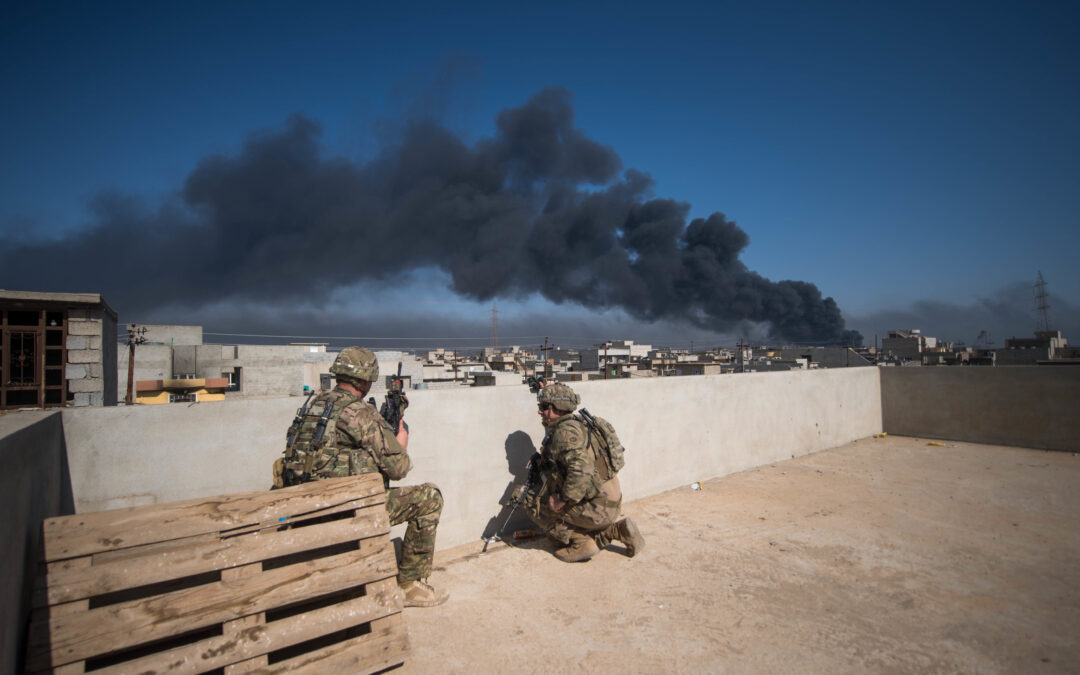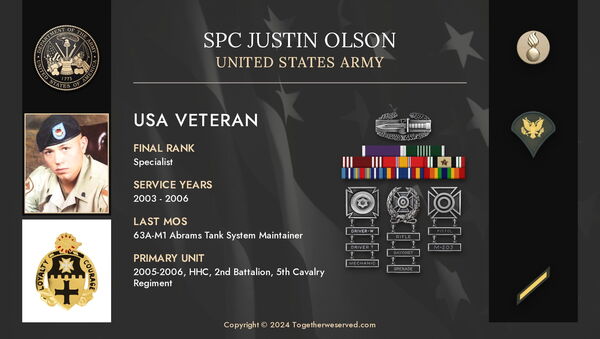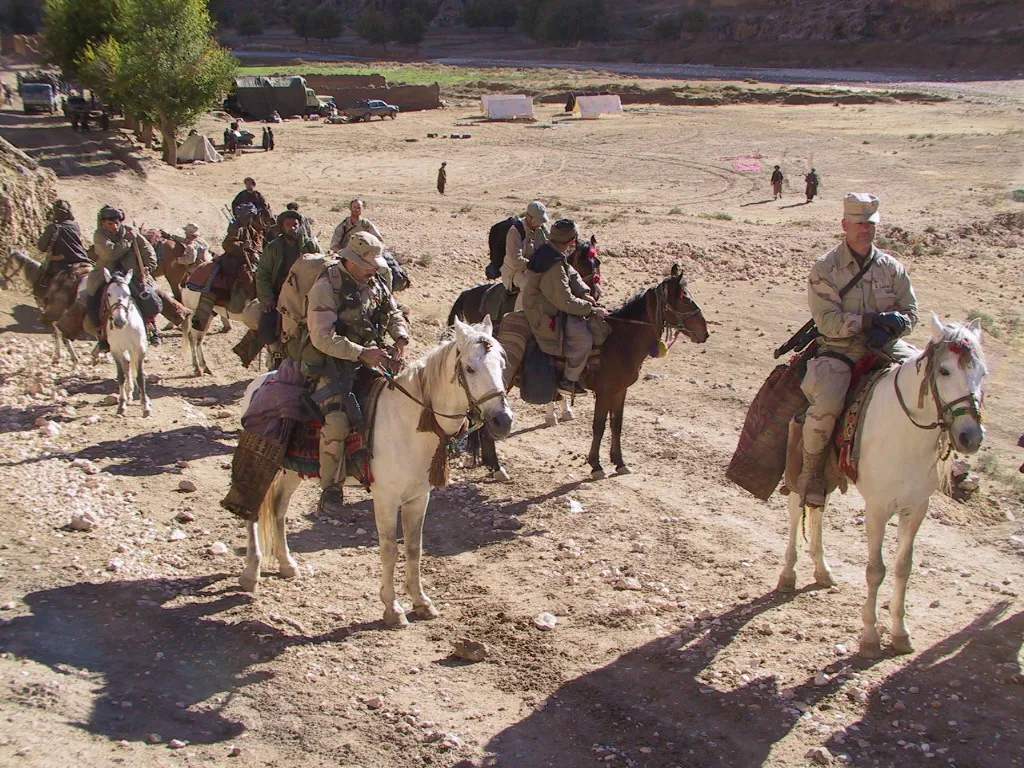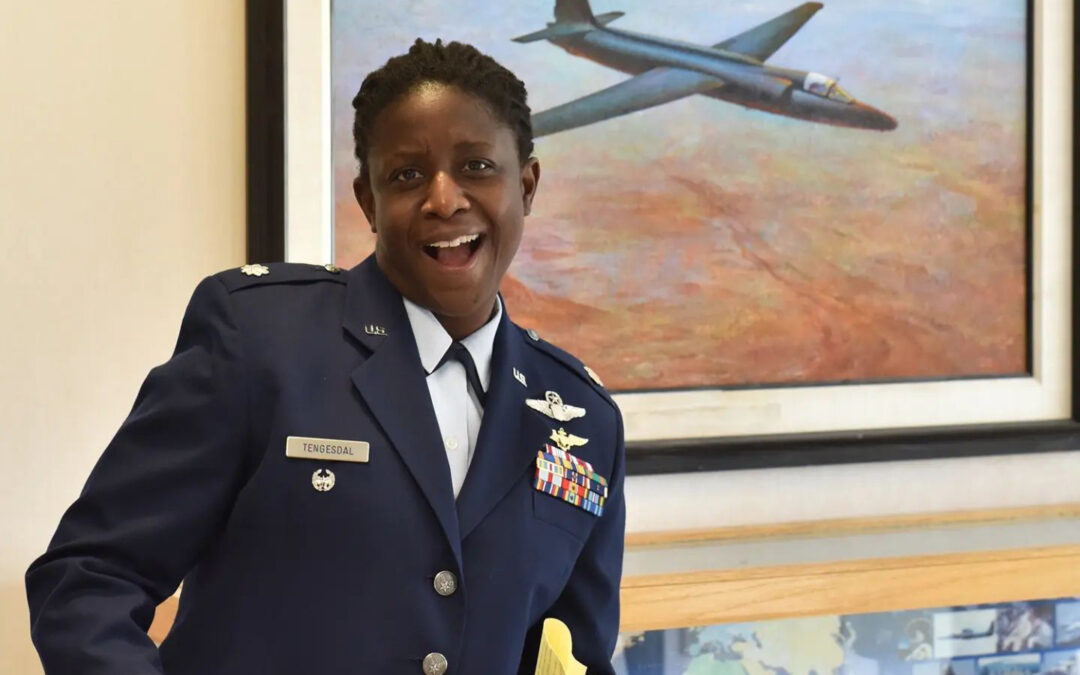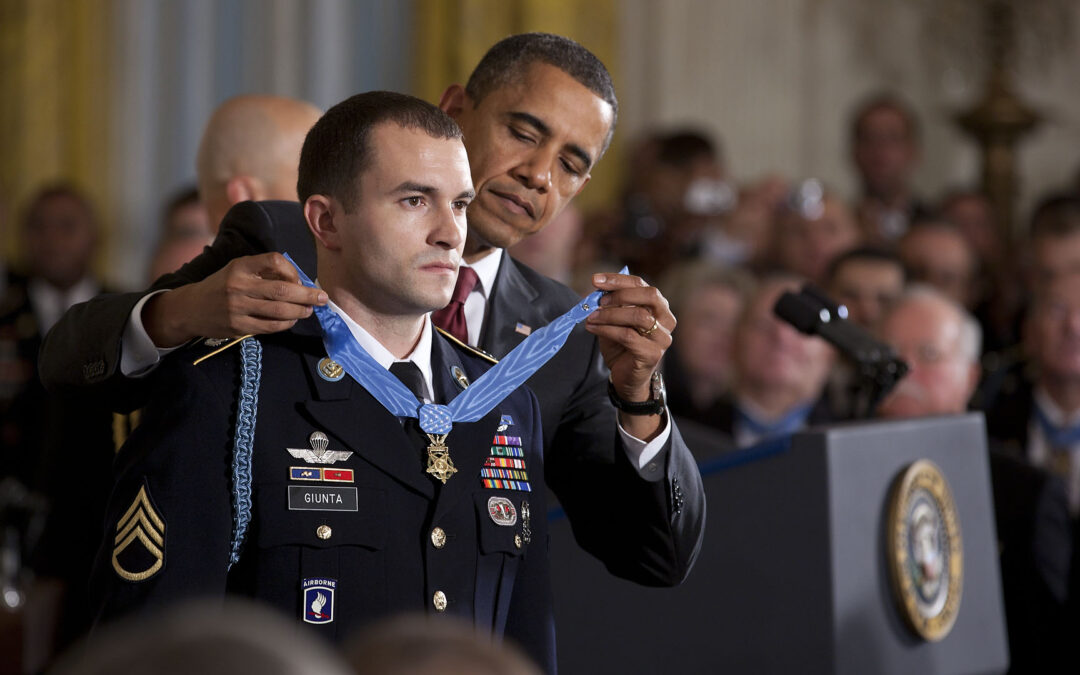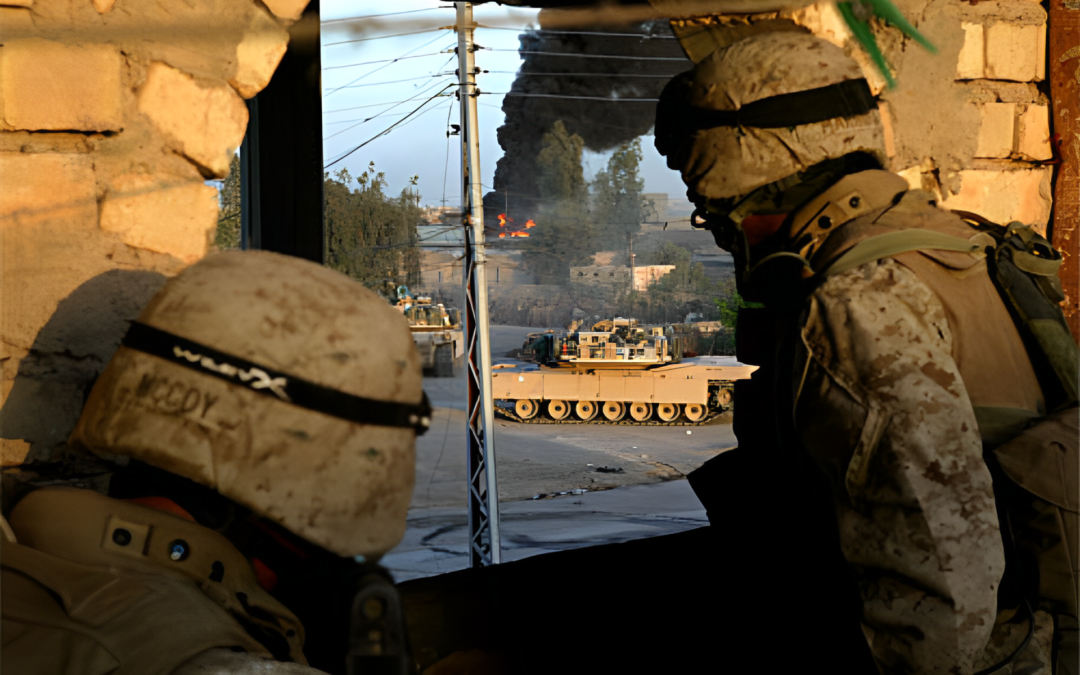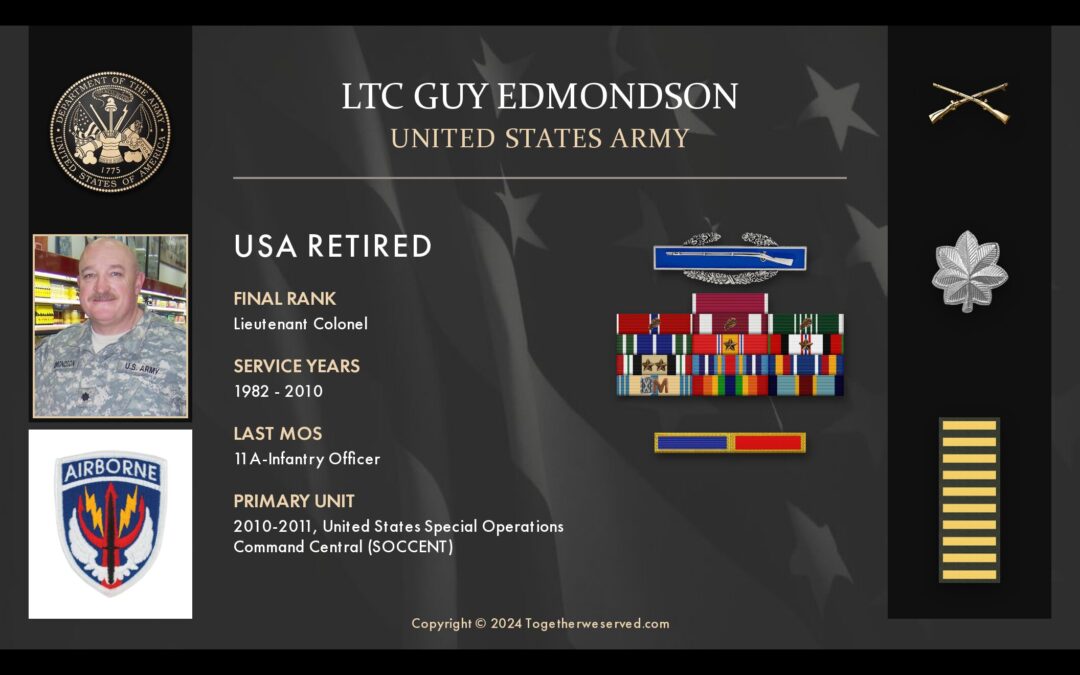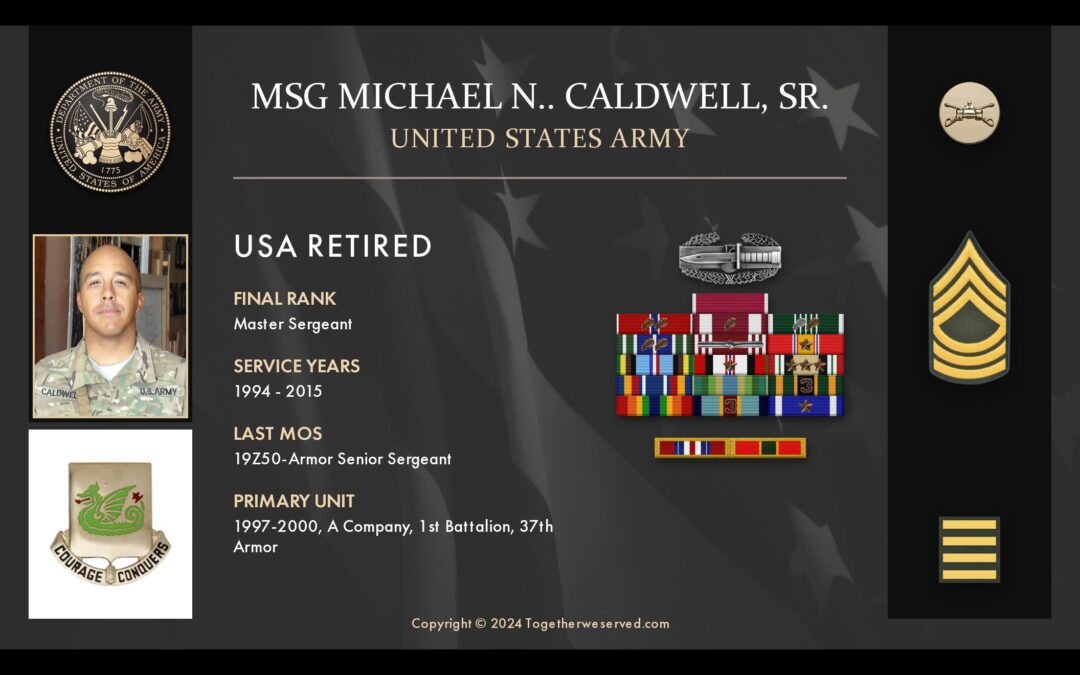Politics, they say, makes strange bedfellows. But it wasn't politics that brought an unlikely group of military forces together at the battle for the Iraqi city of Mosul between 2016 and 2017 – it was the Islamic State. The band of terrorists, otherwise known as ISIS (or ISIL), captured the Iraqi city in 2014 after a battle that lasted just six days. ISIS fighters then executed captured Iraqi defenders, consolidated their gains, and continued their stunning but tragic advance. The Battle of Mosul: The Rise of ISIS and the Caliphate The success of the ISIS offensive in Mosul led its leader, Abu Bakr al-Baghdadi, to declare the beginning of the group's self-proclaimed caliphate as the leader of Muslims all over the world. He proclaimed Mosul's Great Mosque of al-Nuri, a unique holy site that was first constructed in the 12th century. The mosque, like tens of thousands of Iraqis, would not survive the Islamic State. It also led to military interventions by the unlikely (and...
